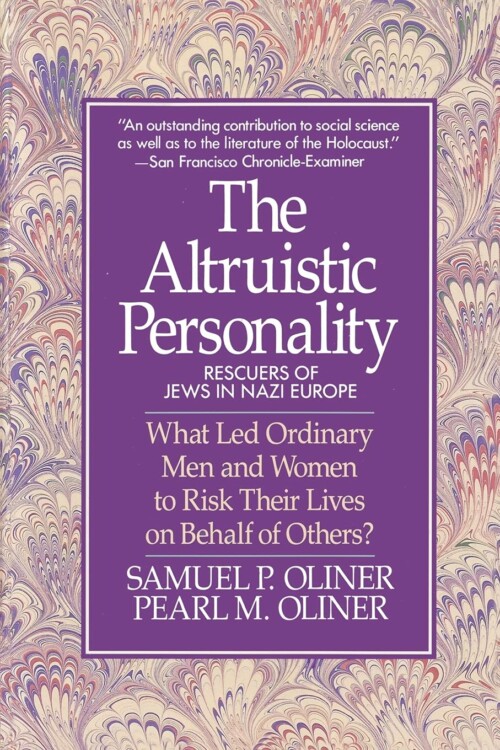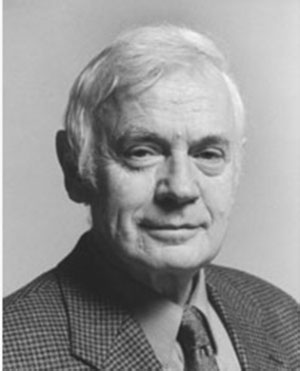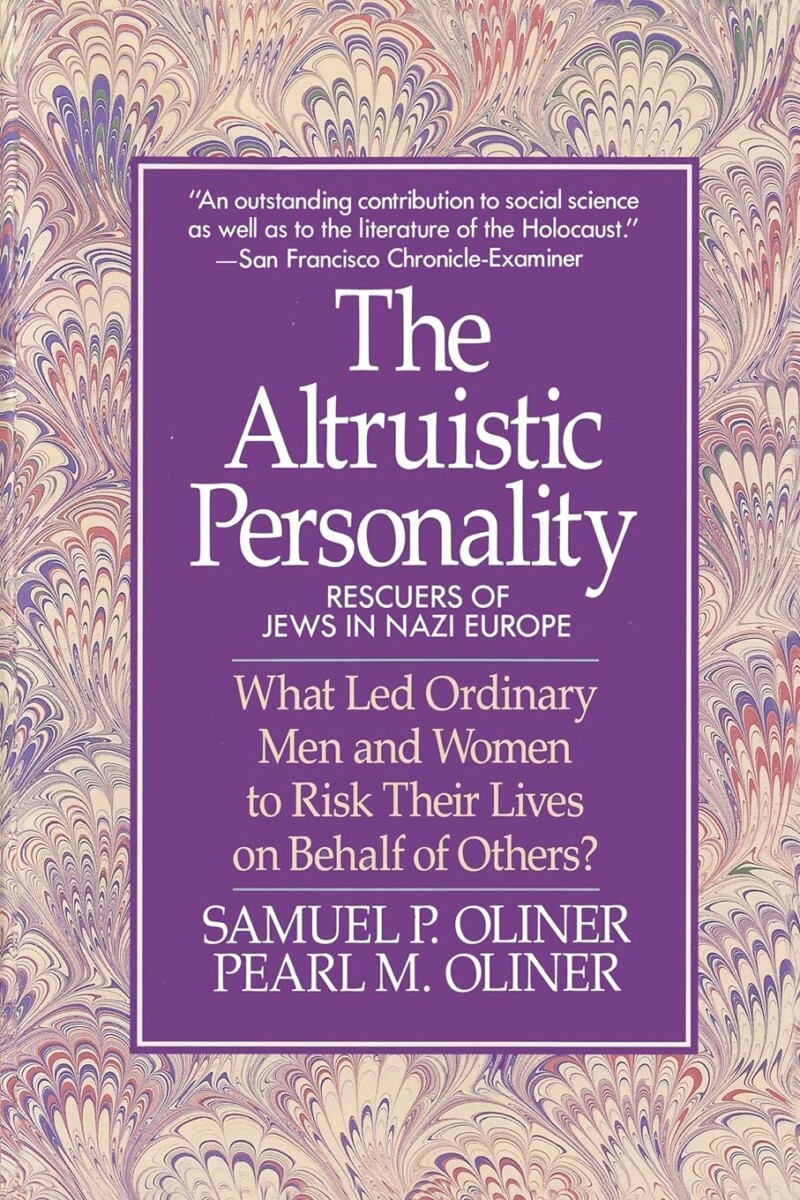About Huge

ENTREPRENEUR, CHINA WATCHER AND EDUCATOR, ADVOCATING A RENEWAL OF BRITISH ENTERPRISE IN THE AGE OF ASIA
I’ve lived and worked in China, built businesses, run educational institutions and taught generations of young people. I’ve seen what success looks like in the modern world — and I believe Britain can thrive again if we embrace enterprise, innovation and global understanding. My book Who Are We? is about how the UK can rediscover its confidence in the Age of Asia.
MY STORY
When I grew up Britain still believed in itself — a country that built, invented and pushed boundaries. But as the decades passed, I watched our confidence fade and our ambitions shrink.
Then I went to China. I saw a nation that had decided to move, to build, to educate its young people for a bigger world. I saw what happens when a country believes in its future — and invests in it.
I realised something important: Britain can do this again.
I’ve spent years working across business, media and education, learning from Asia’s extraordinary transformation — and understanding its risks and its realities.
My book Who Are We? is about one thing: how Britain can rediscover its drive, its enterprise and its sense of purpose in the Age of Asia.
I want to help young people, parents, entrepreneurs, builders, educators — anyone who believes Britain can thrive again.
We need a new British can-do spirit.
And we can get it back.
ABOUT HUGE, writer
As a child I read novels avidly. Hundreds of them, back to back. Once I’d read something by a writer and liked it, I had to read all that writer’s books, from Fyodor Dostoevsky to Agatha Christie, John Buchan (especially the novels in Scots), Honoré de Balzac or George Eliot. Then I discovered African and Indian literature and, once I could read Chinese, explored the last century’s passionate fiction of China. I loved writing, at schools winning prizes in only one subject, English, but winning most of them. In almost every other subject I was a failure.
I thought I had nothing to write about. I didn’t realise that, because I spent primary school years in Italy, I had an extraordinary story in the one gifted to me by my parents and retold to me by their Italian friends. It took me a long time to think of writing TO THE RIVER and the stimulus was meeting Samuel Oliner, an American psychologist, in the 1990s. I write about him, how he helped me understand the meaning of the tales which I have tried to resurrect in TO THE RIVER, and his influence on me, in my notes on the origins of the novel, on this website. Relating to him was probably made easier because much of my early life was spent among refugees from totalitarianism, my parents’ colleagues and friends, all of whom had lost loved ones to the gulags or the einsatzgruppen.
After graduating, I worked for a year on the British Industrial Technology Exhibition in China, then kept myself in Paris by managing the coffee machines in a breakfast cafe at Porte d’Orleans. In the afternoons I was a postgraduate student of pan-Turkism and the borderlands between the Russian and Chinese empires, which interest then took me to Istanbul University. This I cut short when offered a part-time job teaching history at Edinburgh University.
I seized the opportunity to return home to Scotland and, while teaching, took a course in Community Development in the Department of Education which led to community work (for the Scottish Council of Voluntary Service) in impoverished areas. My particular focus was on youth unemployment and the failure of the schools adequately to prepare their pupils for working life. I started campaigning on this – and on the environment – and, with a joiner called Jim Williamson, set up a further education college for unemployed school leavers in Edinburgh – Castlecliff Workshops – and was co-founder of the Edinburgh Friends of the Earth and its Lothian Recycling Centre. Activism took me to journalism and television broadcasting, working for Scottish Television and BBC Scotland, then to setting up a broadcast production company with two colleagues in the Scots media. When we drifted apart after a few successful years making programmes for our original employers in Scotland and for Channel 4 TV, I was asked to set up the TV side of a centre for broadcast journalism (the UK’s first) at Nottingham Trent University. This I did, with Scots radio journalist Carole Fleming, for 5 happy years, before transferring to first Goldsmiths College and then Westminster. At the University of Westminster I set up the China Media Centre (CMC), then the first operation outside China studying the largest media system in the world, which subsequently morphed into the China-UK Creative Industries Centre which is attached to the Institute of Creative and Cultural Entrepreneurship at Goldsmiths College of the University of London. I recently completed a fourth term at Tsinghua University, as Walt Disney Professor of Media and Communications in Schwarzman, the US college of international relations.
Because the China Media Centre needed to earn money to provide PhD bursaries and to fund post-doctoral studies, we offered briefings on China and its media to Europeans and professional development courses to Chinese media personnel. Our first clients were the British Foreign Office and China’s State Council Information Office. Later we served the Danish and Swedish governments too, but, as we became known about in China, we got more and more requests from Chinese media organisations to run courses in which their personnel could learn from British professionals about media regulation and public relations, documentary, light entertainment, nature programming and drama. At this time the UK was the world’s pre-eminent media producer and Chinese were keen to learn from us and to build cooperative relationships.
As a consequence of running courses for China’s leading media organisations, my colleagues in CMC and I had the virtually unique opportunity of meeting, often in informal and relaxed settings, high level decision-makers, mid career professionals and new entrants equally and being treated as advisers, facilitators and even friends.
As a child, I had taken on board that different cultures view the world differently, but my visions were mediated through the older generation and their very British prism: our moral superiority had been established forever by the outcomes of the Second World War and the Cold War. Now, I learnt, there was a civilisation which did not agree that the West was superior, in fact was trying to slough off western ideologies of Communism and monotheism and restore its traditional rationality, not easy after 150 years of subversion and when the political leadership was still in thrall to Western (ie Russian Leninist) ideology. The thoughtful Chinese I met were eager to learn from the West and to share their insights, without wishing to give up their own identity. Unfortunately, since Bertrand Russell and his generation, there have been precious few Brits who were interested in sharing, rather than proselytising.
Why did I find it easier to listen and respect than, it seems, my compatriots? The answer I think is that I have always thought of myself first and foremost as Irish-Scots, and therefore to some extent an outsider to mainstream Britishness. So I am instinctively sympathetic to those who think differently, who nurture alternative outlooks. I notice that Welsh people I know think similarly.
My first novel TO THE RIVER is an exploration of the origins of virtue, and thus related to intercultural communication as well as to the empirical studies of Oliner and the life changing experiences of the fugitives that I try to depict.
The novel that I am currently writing (Neverland!) is about encounters between GenZ Asian immigrants and the British in the years of Brexit, but is also a depiction of the moral decline of some British institutions, disappointing those who had come to the Offshore Islands because of their admiration for them.
In December 2024, WHO ARE WE? was published. It is, in Chinese perspective, a defence of the civilisation incubated in, and spread out from, the four nations of these island. It also condemns the political class and its failure to maintain the standards and values that have been the inspiration of the wretched of the earth as well as Chinese reformers.


